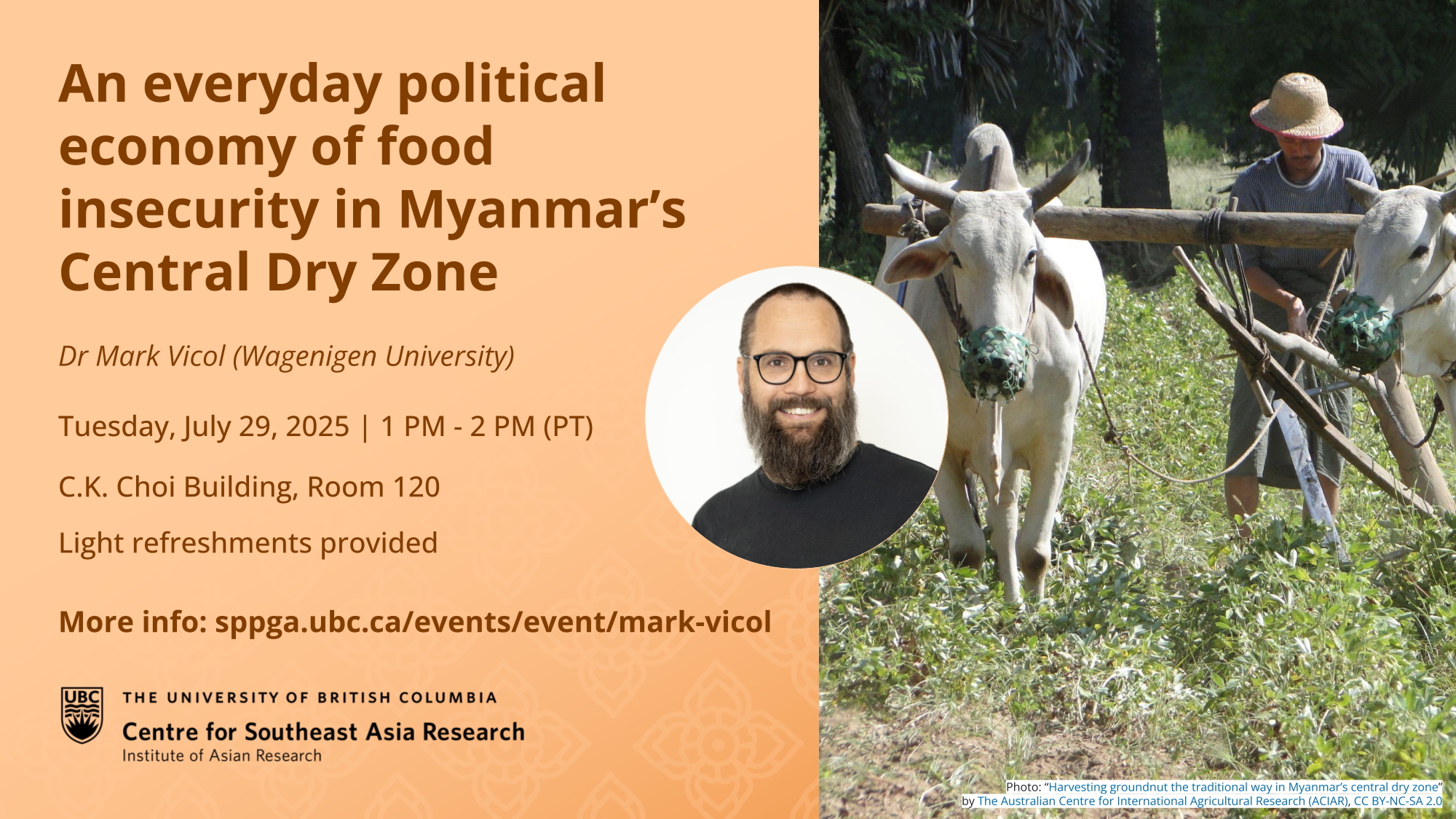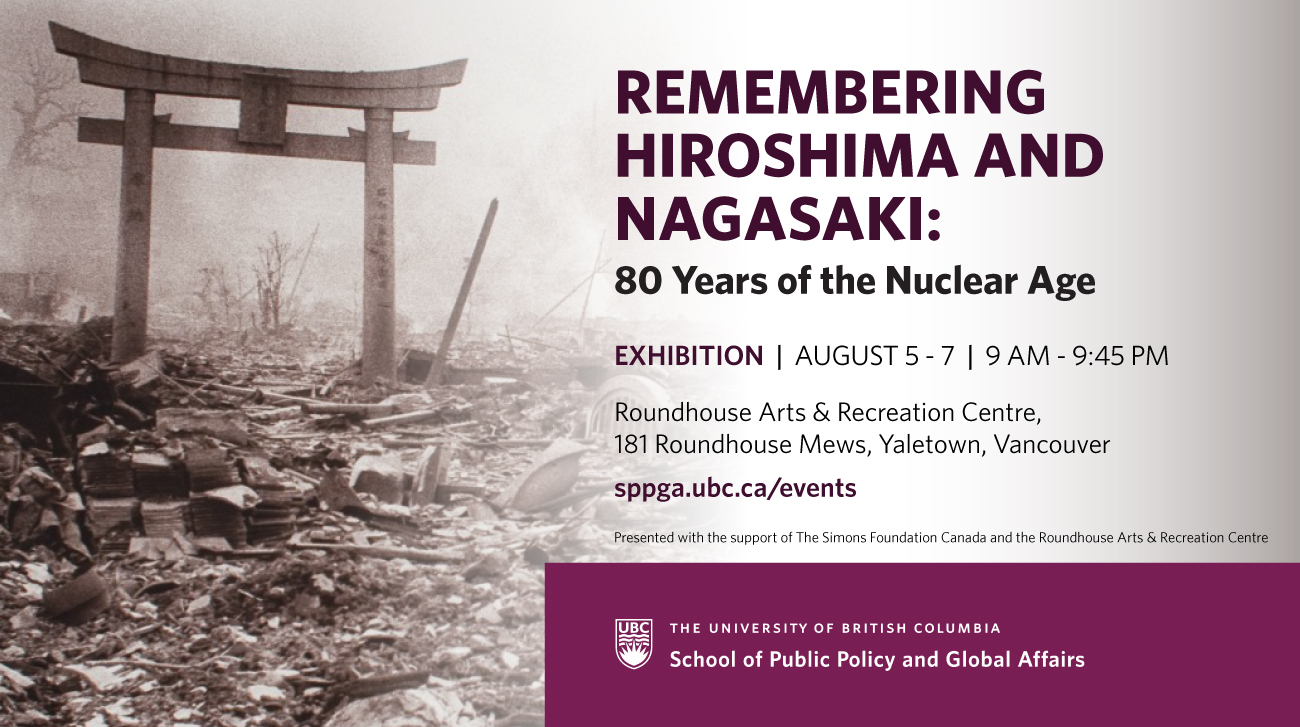Presented by: Professor Atiur Rahman, Department of Development Studies, University of Dhaka (formerly Governor of Central Bank of Bangladesh)
Rabindranath Tagore, the first Asian Nobel Laureate in Literature, a versatile genius and a product of the European renaissance was indeed much larger than his own life. He was deeply touched by the deprivations of the peasantry and inequality persisting in Bengal during the late eighteenth and early twentieth centuries. Besides covering diverse shades of literature, he developed a special relationship with his tenants as a Zaminder (Landlord) and got deeply enmeshed with the lives of the poverty stricken villagers. He was ashamed of collecting rent from these helpless farmers and made a serious attempt in ameliorating their conditions through various reforms. He was certainly aware of the roots of their poverty and as well as their rights to better living. As a part of his reform initiatives, he encouraged the peasants to organize in groups to get out of their poverty. The welfare groups formed by Tagore got a share of the rent paid to the Estate in addition to their own contribution. This fund was then utilized for running schools and community health clinics. Tagore was, in fact, ashamed of collecting rents from these poor peasants and advocated that the Zaminders were only Trustees of the Estates. They must help their subjects in improving their socio-economic and cultural conditions. His attempt at bringing the peasants together aimed at strengthening the inner will of them for economic independence. He, therefore, encouraged the peasants to form cooperatives and pool their resources for modernizing their farms. He motivated the organized peasants to acquire modern machines, seeds, and fertilizer for high-yielding cultivation. He even got his son and son-in-law trained in the University of Illinois to acquire necessary skills and knowledge of modern agriculture to start a farm in East Bengal. This farm imported machines and inputs from abroad. The farmers were encouraged to import modern variety of cows to cross-breed and get higher yield of milk. The farmers were also encouraged to have warehouses to keep their products before marketing to address the endemic price fluctuations. He also advised them to go for non-farm activities to complement agriculture. He was mindful of harnessing the strength of science and technology even in a rural setting. He thought without the support of scientists the farmers alone could not modernize agricultural development.
He was equally mindful of the need for adequate access to finance for modernization of agriculture as most peasants were indebted to moneylenders. So Tagore mobilized savings from his friends and relatives to start a rural Agricultural Bank to give credit to the farmers at a reasonable rate of interest. He even put a part of his Nobel Prize money in this bank. In other words, Tagore was in favor of total development, both social and economic. Putting maximum stress on education, he wanted to develop villages so that the country could also develop. At the same time, he was aware of the aesthetic strengths of the rural population. He did not believe in ‘ours’ and ‘theirs’ while talking about cultural moorings of the society at large. His appreciation of the cultural contribution of the village bards, in particular bauls, is well known across the world. Many of his songs derive inspiration and tunes from these village bards. He further created cultural space for the villagers by introducing special musical festivals in the names of launching of different seasons, tree planting, water conservation and many other ethnic celebrations.
The proposed lecture plans to present Tagore as a social scientist with deep urge for reforming the peasantry so that they are not ‘left behind’. His farsighted ideas of rural transformation has significant relevance towards achieving sustainable development goals broadly agreed by the global community, which too center around the long- term aspirations of the people and the protection of the planet.
The presentation will be followed by Tagore songs by the Vancouver Tagore Society and light refreshments.
Sponsored by: Vancouver Tagore Society, and the Centre for India and South Asia Research
Event poster | RSVP
About the Speaker
Dr. Atiur Rahman is a Professor of Department of Development Studies, University of Dhaka. Dr. Rahman served as the Governor of Central Bank of Bangladesh during the period of May 2009-March 2016. He occupied different positions in eminent research and academic institutions. After obtaining M.A. in Economics from Dhaka University, he pursued studies in the School of Oriental and African Studies (SOAS), University of London under a Commonwealth Scholarship, securing M.A. and Ph.D. in Economics (1983). He was also awarded a Commonwealth Development Fellowship at the University of Manitoba in Canada (1989), a Ford Foundation Post Doctoral Fellowship at The University of London (1991-92), and a Visiting Research Fellowship, at the Institute of South-East Asian Studies, Singapore (1998-99).
The defining feature of Dr. Rahman’s tenure as a Governor was his decisive drive reorienting the institutional objectives and ethos to support a pro-poor, inclusive and sustainable development model through his flagship initiatives of financial inclusion and environmentally benign green banking. His consistent support for widespread digitization of both central banking and commercial banking has helped achieve robust transparency and accountability in the financial sector in Bangladesh. He made significant contribution in the 3GF conference, Rio+20, COP18 and MDG Global Compact international negotiations linking sustainability and socio‐economic development goals as a member/panelist of Bangladesh delegation. He was also a member of the UNEP Enquiry on designing ‘global sustainable financing’.
Dr. Rahman has published 56 books in English and Bengali, besides, numerous papers in national and international journals. His works on socio-economic thinking of Rabindranath Tagore occupies a significant proportion of the above. His latest book is titled as Tagore’s Thoughts on Peasantry (2017). He is now working on another book covering “Relevance of Tagore’s socio-economic thinking for Sustainable Development.”
Dr. Rahman has won many awards and Gold Medals including Indira Gandhi Gold Plaque-2011 for his outstanding contribution to international cooperation towards human progress, a certificate of world record by Hong Kong based World Record Association as the central bank governor undertaking the highest number of pro-poor and financial inclusive programs in the world, ‘Regulator with a Human Face’ by the University of Dhaka, and Manila based GUSI Peace Prize International 2014 in the field of Economics. Dr. Rahman has been awarded the Best Central Bank governor – Asia Pacific, 2015 by The Banker magazine, a Financial Times publication for his role in channeling credit towards environmentally and socially responsible development projects and very recently, the Emerging Markets (a subsidiary of the Euromoney) has also awarded him the ‘Central Bank Governor of the Year for Asia 2015’ in recognition of his unparalleled leadership to build confidence among the mass people, visually reflecting their faith in central bank policy. Bangla Academy has honoured him with the Bangla Academy Literary Award for 2015 for his extraordinary contribution in Bangla literature.

